The Perfect Bet: Taking the Luck out of Gambling
£8.70£9.50 (-8%)
Gamblers have been trying to figure out how to game the system since our ancestors first made wagers over dice fashioned from knucklebones: in revolutionary Paris, the ‘martingale’ strategy was rumoured to lead to foolproof success at roulette ; today, professional gamblers are using cutting-edge techniques to tilt the odds in their favour. Science is giving us the competitive edge over opponents, casinos and bookmakers. But is there such a thing as a perfect bet?
The Perfect Bet looks beyond probability and statistics to examine how wagers have inspired a plethora of new disciplines – spanning chaos theory, machine learning and game theory – which are not just revolutionising gambling, but changing our fundamental notions about chance, randomness and luck.
Explaining why poker is gaming’s last bastion of human superiority over AI, how methods originally developed for the US nuclear programme are helping pundits predict sports results and why a new breed of algorithms are losing banks millions, The Perfect Bet has the inside track on any wager you’d care to place.
Read more
Additional information
| Publisher | Main edition (30 Mar. 2017), Profile Books |
|---|---|
| Language | English |
| Paperback | 288 pages |
| ISBN-10 | 1781255474 |
| ISBN-13 | 978-1781255476 |
| Dimensions | 12.8 x 1.6 x 19.6 cm |

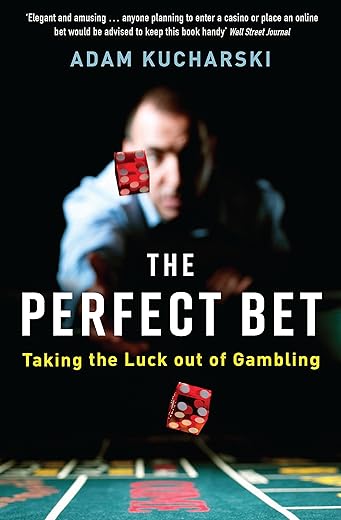

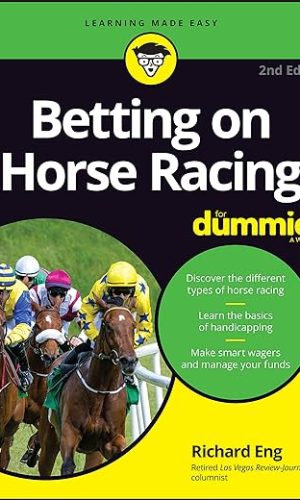
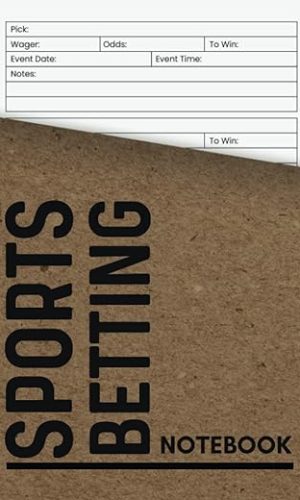
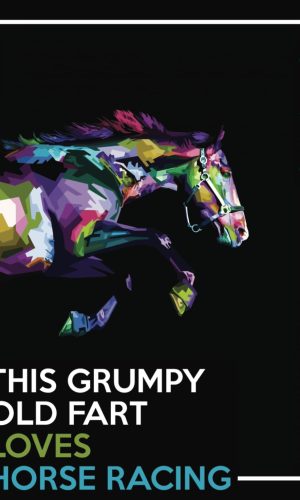
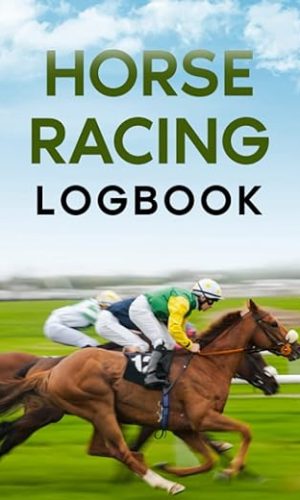

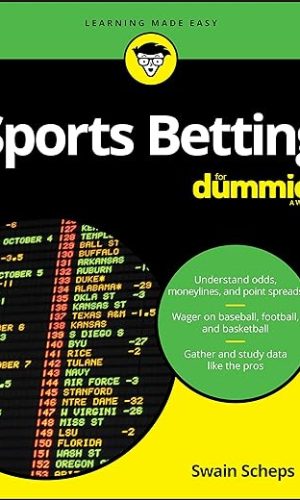
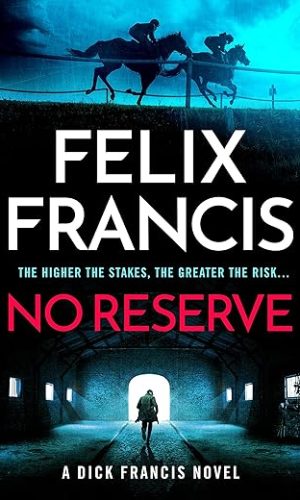
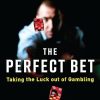
by Kevin F
Since the dawn of time people have been fascinated by the concept of gambling. Fortunes have been won and lives have been lost on the turn of a card, the speed of a horse or the flip of a coin. Conventional wisdom tells us it’s a mugs game with the casino or the bookie always coming out on top in the end. But is there actually some way to beat the odds and take the chance out of gambling? In this book we take behind the scenes look at the scientists who have applied their intellect to the study of gambling, some of whom have gone on to make a financial success forming getting syndicates. The book is well researched and very readable but it does sometimes ramble on a bit – hence the loss of one star. I would still recommend it to anyone who, like me, has the occasional flutter.
by Amazon Customer
Good high-level overview of the history of ‘scientific’ gambling and application to different games and markets.
by william fieseler
not as expected,no clues as to what are winning bets
by Onosecond
a very clear, concise and readable survey of how betting systems have changed the way the gambling industry and its participants function. Food for thought for bookies and their punters alike. Particularly refreshing to see someone else recognize the indistinguishability between the markets for securities and that for horse racing, sports betting, etc. The only disappointment was a failure (very common, I’m sad to say) to recognize that poker, of itself, is a game of skill…but that is a personal bugbear of mine, so I’m prejudiced!
highly recommended.
by Peter Sainsbury
This book is a real eye opener into how apparently wasteful activity researching Roulette wheels and blackjack tables has had a positive impact on society, from game theory and statistics to chaos theory and artificial intelligence. And conversely how methods used to study things as diverse as ice sheets and epidemics have been used to take on the bookmakers. In short, this book is a great demonstration of how important it is to read outside of your comfort zone, as its here that the real insights are to be found. One of the most interesting chapters was on the rise of bots in the world of sports betting and financial markets – how they learn about their opponents in the markets, how they spoof, and how they learn to compete to survive.
by Amazon Customer
This was a really interesting read, with a clear progression from chapter to chapter. Kucharski manages to keep the content relevant while reflecting on the mathematical history behind some of the ideas discussed.
Hasn’t made me a millionaire though.
by Liam Kelleher
Once could say the title of this book is slightly misleading. This book won’t really help you so much if you are looking to beat the house. But the author does tell a great story to those who have tried to do so in the past.
Those who are mathematically educated (or indeed simply a fan of pop-science books) will delight at historical mentions of the likes of Poincare, Fermat and others, whose probabilistic ponderings resulted in the evolution of game theory. There is a sprinkling of modern Michael Lewis type characters – mathematical PhDs with a love of loot. Anecdotal stories are in abundance of those who have tried to win at roulette, poker, draughts, scratch cards, chess and landing on the world of modern day online betting. We are exposed to the origins of the Monte Carlo method and Markov chain and even high frequency trading gets a mention.
The author certainly has an enormous interest in the subject and it is obvious to see from the vast number of characters introduced that this book could have been twice as thick and still as entertaining. However I think the publishers/reviewers probably did the right thing on reigning in the odd side plot.
This book certainly is more a historical tale than advice. In fact having finished the book there is the same level of “oh well” one feels having read Benjamin Grahams “The Intelligent Investor”. Winning is hard. Profits are small. Don’t give up the day job. Just yet…….there must be an anomaly somewhere……
A fascinating piece of mathematical history.
by Em H
An interesting book. Well researched and will appeal to even those vaguely interested in gaming. I’m glad I bought it.